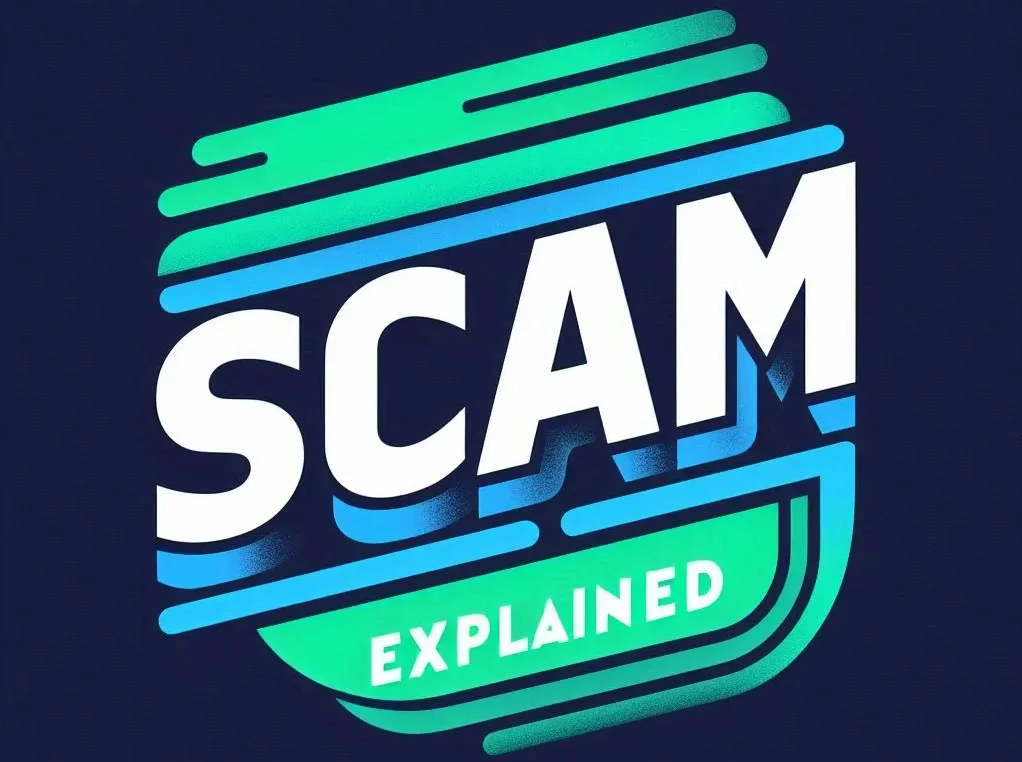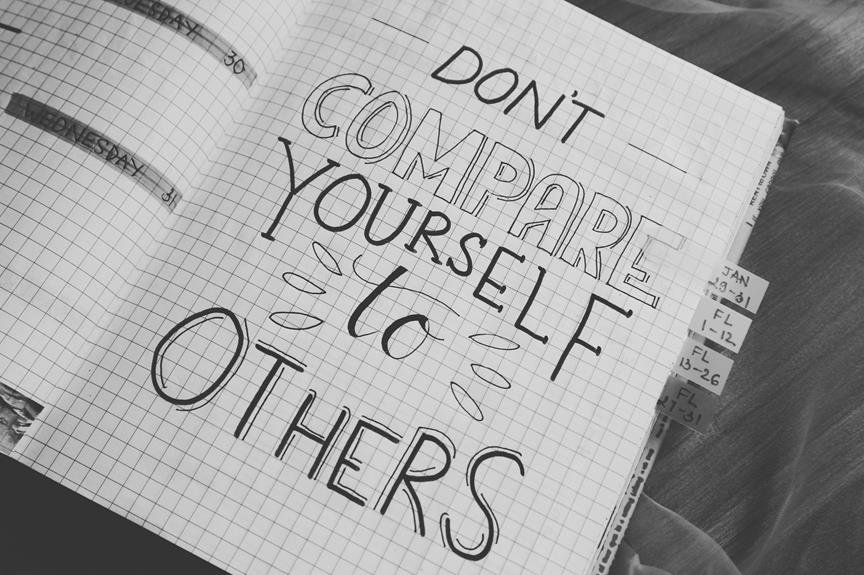When deciding between JB Weld and Epoxy for your adhesive needs, consider JB Weld for its long-term reliability and structural integrity. While Epoxy offers similar strength, its long-term reliability can vary. JB Weld suits metal, wood, plastic, and more, whereas Epoxy excels with glass, ceramics, and stone. JB Weld boasts a quicker bonding speed and robust curing process, ideal for various applications. Epoxy, however, provides precise bonding, suitable for intricate repairs. With JB Weld offering superior weather resistance and Epoxy potentially better solvent compatibility, weigh your project's needs carefully. Cost-effectiveness varies, so assess your requirements for the best choice.
A Quick Overview
- JB Weld is favored for its exceptional strength, durability, and structural integrity.
- Consider the compatibility of the application material for optimal results.
- Epoxy excels in bonding glass, ceramics, and stone surfaces.
- Evaluate factors such as setting time, curing process, and resistance to environmental conditions.
- Assess the project requirements to make a cost-effective choice between JB Weld and Epoxy.
Strength and Durability Comparison
When comparing the strength and durability of JB Weld and epoxy, consider the specific application requirements and expected load-bearing capabilities.
JB Weld is known for its long term reliability and structural integrity, making it a solid choice for heavy-duty projects.
Epoxy, conversely, offers similar strength but may vary regarding long term reliability depending on the brand and application method used.
Application Versatility Analysis
For a thorough assessment of JB Weld and epoxy, let's now examine their versatility in various applications.
Both adhesives offer a range of bonding techniques suitable for different needs. JB Weld is known for its compatibility with metal, wood, plastic, and more.
Epoxy, on the other hand, excels in bonding materials like glass, ceramics, and stone.
Consider the material compatibility of each adhesive for your specific project requirements.
Setting Time and Curing Process
Understanding the setting time and curing process of JB Weld and epoxy is essential for determining the appropriate adhesive for your project.
JB Weld generally has a faster bonding speed and reliable curing process, making it ideal for quick fixes and DIY projects.
Epoxy, on the other hand, offers a more precise bonding process, suitable for intricate repairs that require a longer curing time for best results.
Temperature and Chemical Resistance
For peak performance of your adhesive choice, take into account the temperature and chemical resistance of JB Weld and epoxy. JB Weld generally offers superior weather resistance compared to most epoxies, making it suitable for outdoor applications.
Epoxy, on the other hand, may have higher solvent compatibility in certain situations. Consider the specific environmental conditions and chemicals your project will encounter to make the best decision for your needs.
Cost-Effectiveness Evaluation
Wondering which adhesive provides the best value for your project? Let's explore the cost-effectiveness of JB Weld versus epoxy.
When considering cost comparison, JB Weld generally offers a more budget-friendly option compared to epoxy. However, epoxy is known for its exceptional longevity assessment, potentially providing better value over time despite the higher initial cost.
Assess your project needs carefully to determine the most cost-effective adhesive for your specific requirements.
Surface Preparation Requirements
To guarantee ideal bonding, surface preparation requirements differ between JB Weld and epoxy adhesives. Proper cleaning and material compatibility are essential for successful bonding. Before applying the adhesive, make sure the surfaces are clean and free of grease, dirt, or debris.
Additionally, consider the adhesion factors specific to each material. Following the correct bonding techniques will help maximize the effectiveness of JB Weld or epoxy adhesives.
Indoor Vs Outdoor Performance
Taking into account where you plan to use the adhesive is essential when deciding between JB Weld and epoxy for indoor vs outdoor performance.
For indoor projects, both options work well, but epoxy may offer better moisture resistance.
If you're working on outdoor projects, JB Weld is preferred for its superior UV protection.
Consider the specific environmental conditions your adhesive will face to guarantee long-lasting bonds.
Environmental Impact Considerations
Considering the environmental impact is essential when choosing between JB Weld and epoxy adhesives.
- Toxicity concerns:
- JB Weld contains harmful chemicals, requiring careful handling.
- Epoxy adhesives can also pose health risks if not used properly.
- Recycling options:
- Epoxy products usually have more recycling possibilities due to their composition.
- JB Weld might be trickier to dispose of sustainably.
- Choosing the adhesive with lower toxicity and better recycling options aligns with eco-friendly practices.
Frequently Asked Questions
Can JB Weld or Epoxy Be Used for Bonding Glass Materials?
When bonding glass materials, consider glass bonding techniques for the best results. Compare adhesive strength between JB Weld and epoxy to determine the best option for your needs. Both can be used effectively depending on the project.
Are There Any Safety Precautions to Consider When Using These Adhesives?
When using adhesives like JB Weld or epoxy, always prioritize safety. Guarantee proper ventilation, wear safety goggles, guard against skin irritation, and dispose of materials appropriately. Take these precautions to work freely and securely.
Can JB Weld or Epoxy Be Used for Repairing Plumbing Fixtures?
When fixing plumbing fixtures, both JB Weld and epoxy are suitable for metal surfaces. JB Weld offers strong bonding and heat resistance. Epoxy provides waterproofing. Choose the one that suits your DIY project. Enjoy the freedom to repair with confidence.
How Do JB Weld and Epoxy Compare in Terms of Odor During Application?
When comparing JB Weld and epoxy for odor during application, consider ventilation for both. Epoxy tends to have a stronger smell, so make sure proper airflow. JB Weld might have milder fumes, but still ventilate well.
Are There Any Specific Storage Requirements for JB Weld and Epoxy After Opening?
After opening, remember to store JB Weld and epoxy in a cool, dry place. Check the shelf life and temperature requirements on the packaging. Protect them from moisture exposure to maintain their effectiveness.


